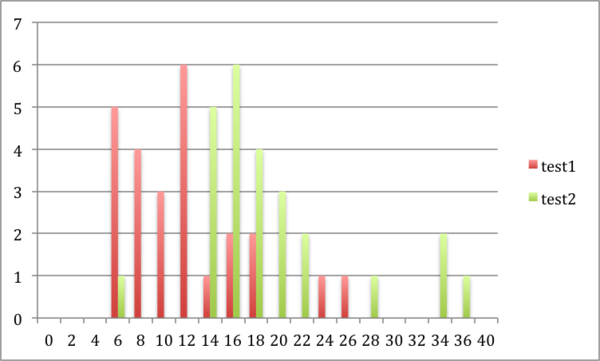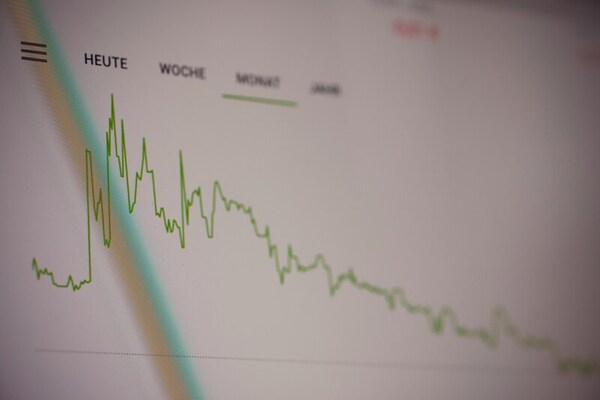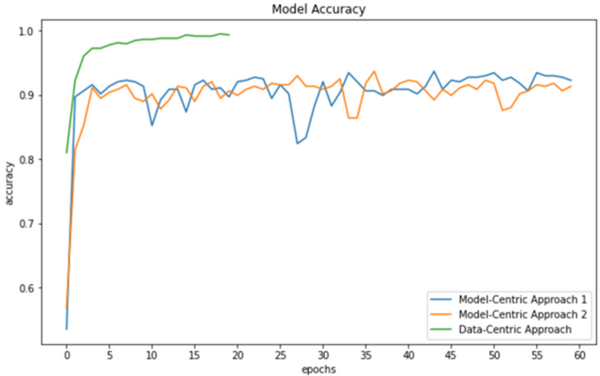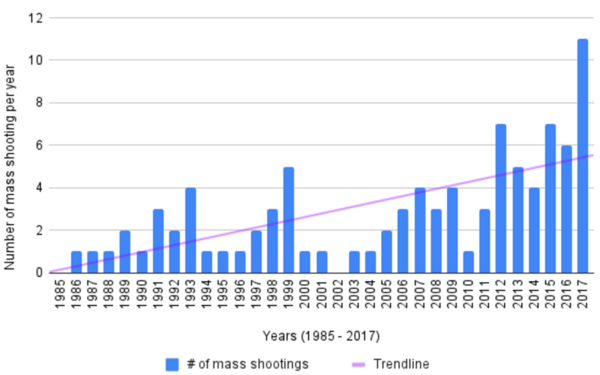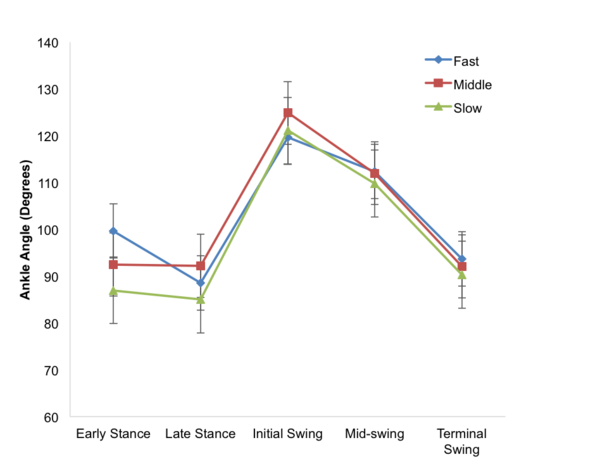
Cross country is a popular sport in the U.S. Both athletes and coaches are interested in the factors that make runners successful. In this study, the authors explore the relationship between runners' physical attributes and their race performance.
Read More...